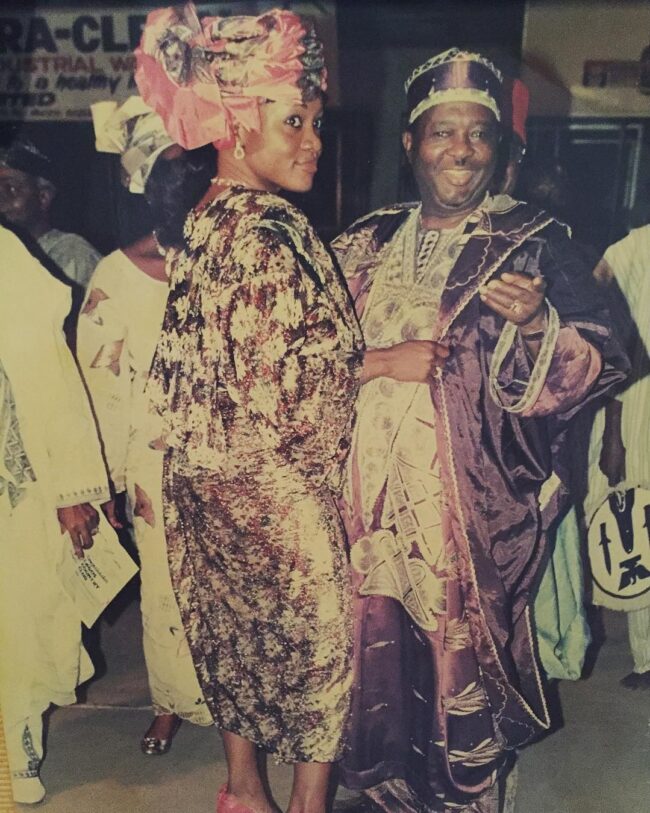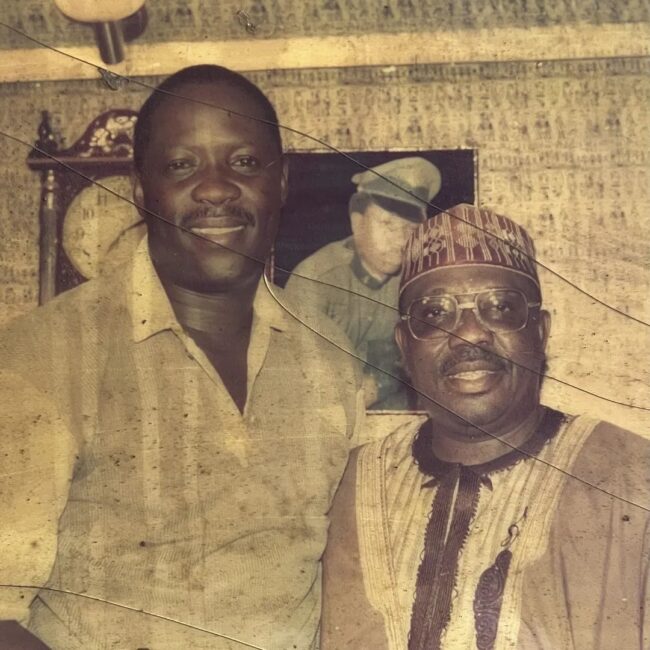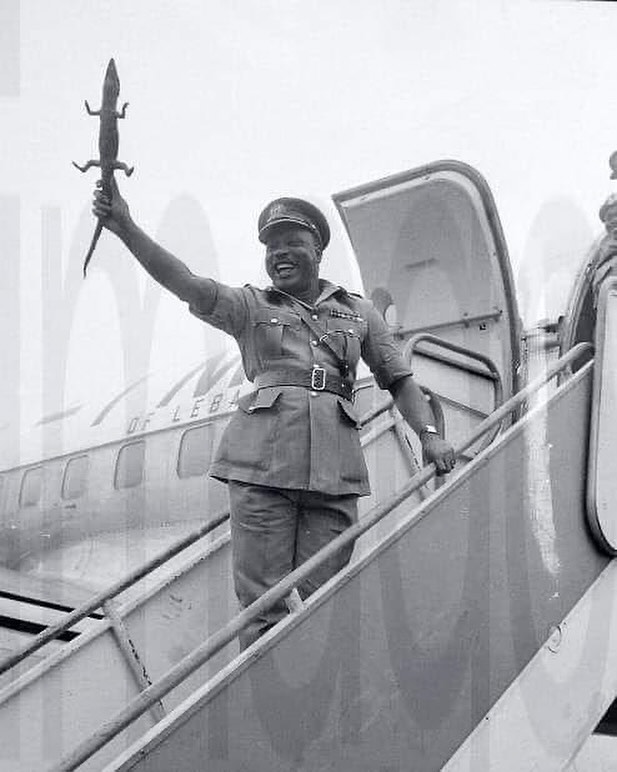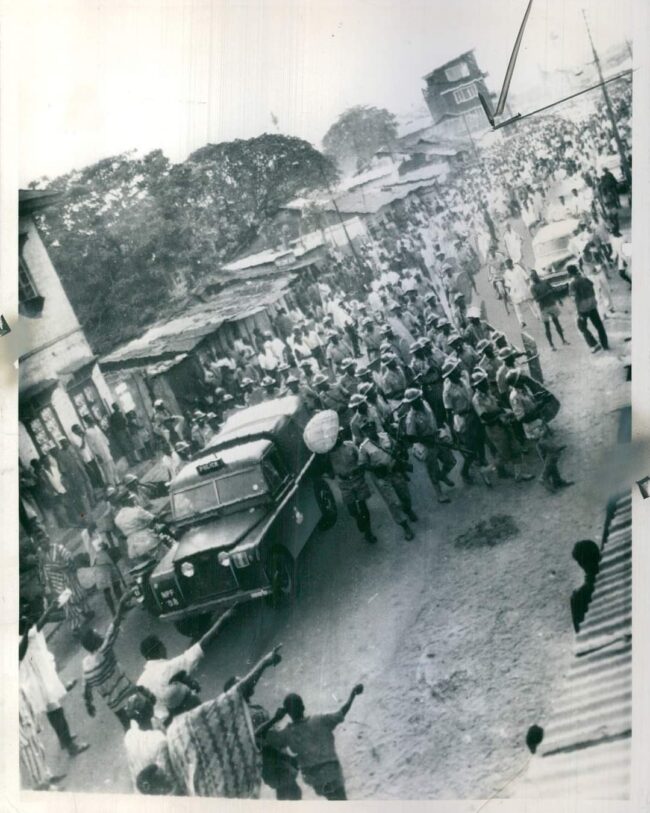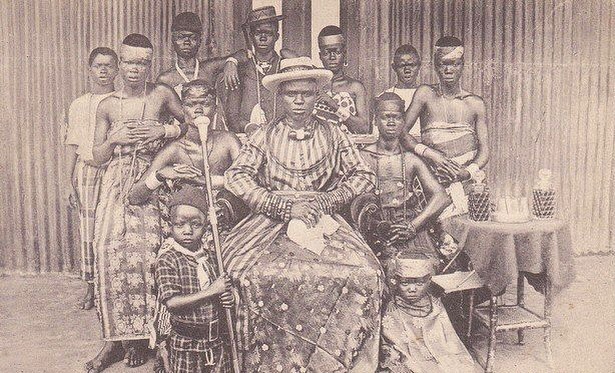An Aerial View of Carter Bridge in the 1950s
The Soldier Statue, also known as the “Unknown Soldier” and pronounced “Sojadumota” in Yoruba, is a cenotaph situated in Idumota, Lagos, that may be seen if you zoom very close. The Nigerian government constructed it in 1948 as a memorial to the soldiers who died in World Wars I and II. The statue was initially located in Lagos, however it has since been moved to Abuja. However, in May 1935, the Syrian-Lebanese community presented the Idumota Clock Tower in honor of King George V, underscoring the region’s historical significance.


